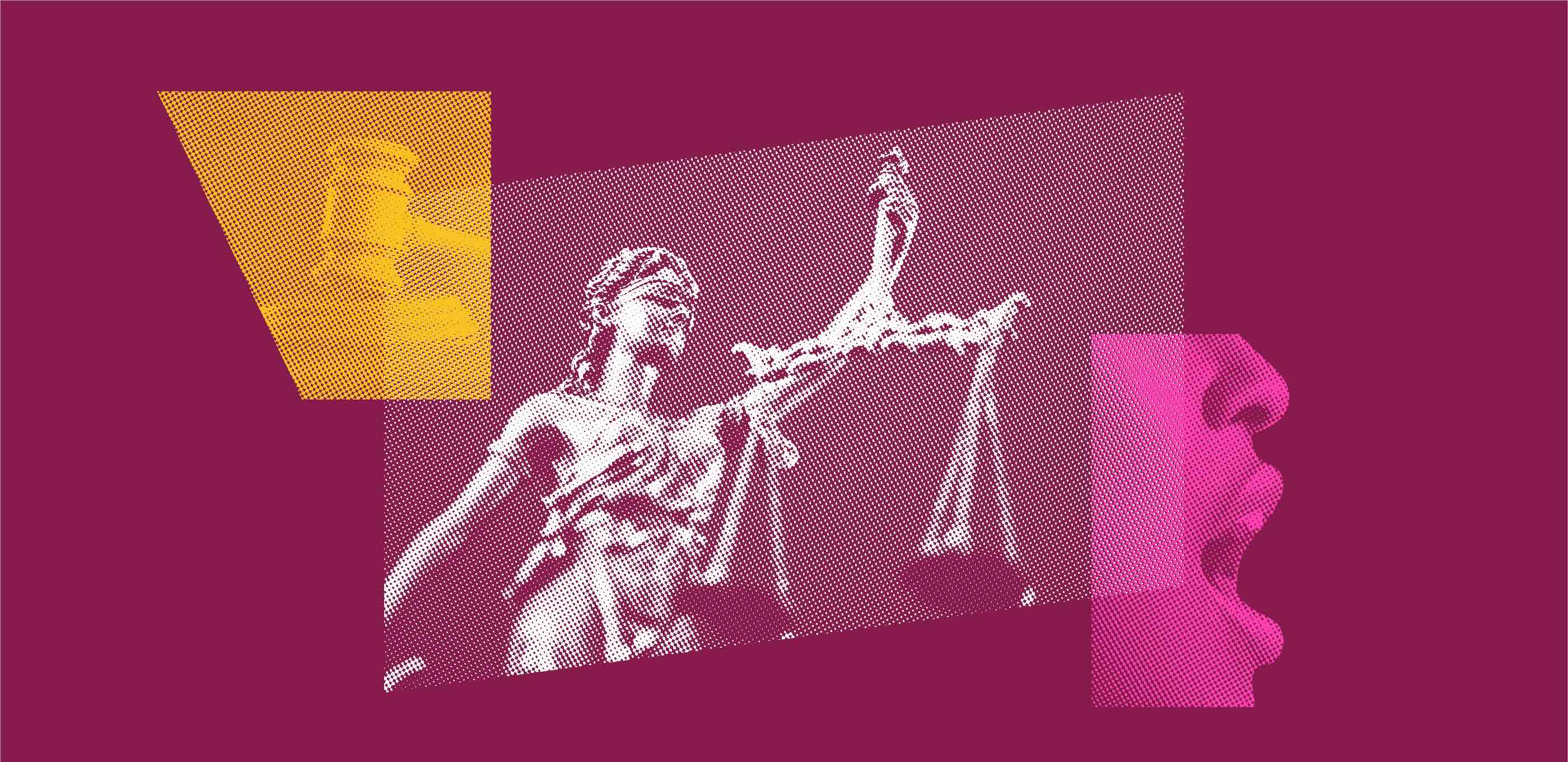
Gino v. President and Fellows of Harvard College
What's at Stake
In a prominent defamation suit, the ACLU is urging a trial court to rigorously apply the First Amendment rule that statements of opinion are protected, so long as speakers share the facts that led to them. Without this First Amendment protection, unchecked defamation lawsuits would silence the critics of more powerful speakers, and stifle scientific discussions and academic inquiry.
Summary
In 2021, a group of researchers who independently verify and audit academic research on their blog, Data Colada, examined multiple studies by Francesca Gino, a prominent professor of behavioral science. They concluded that at least four of Professor Gino’s studies involved data falsification. The researchers reported their findings to Professor Gino’s employer, Harvard Business School, which conducted its own investigation, subsequently retracting four of Professor Gino’s papers and placing her on administrative leave. The researchers then published their conclusions and explanations in a series of blog posts, which received widespread attention, in part due to the irony of Professor Gino—a high-profile academic whose research specializes in dishonesty—being accused of data fraud. Professor Gino has now sued Harvard and the Data Colada researchers in a federal court in Massachusetts for defamation, among other claims. The court is currently considering the Data Colada researchers’ Motion to Dismiss Professor Gino’s claims against them.
Without weighing in on either side, the ACLU is asking the court to rigorously apply the First Amendment rule that protects statements of opinion from liability in defamation lawsuits, so long as speakers share the facts that led them to form their opinions—and to apply this rule at the earliest possible stage, ideally before a case enters costly discovery.
This First Amendment protection is critical to scientific inquiry and academic debate. As courts have recognized, scientific debates should be settled through reasoned, open discussion, not costly legal disputes. As long as the accompanying factual basis is disclosed, and is not itself defamatory, statements of a subjective view are protected, even if the opinion is unjustified or derogatory. Without this rule, the growing body of work by researchers working to replicate and independently validate already-published research—which already bucks against most institutional incentives—may well be stifled.
Legal Documents
-
11/22/2023
ACLU Proposed Amicus Brief
Date Filed: 11/22/2023
Court: District Court (D. Mass.)
Affiliate: Massachusetts
Download Document